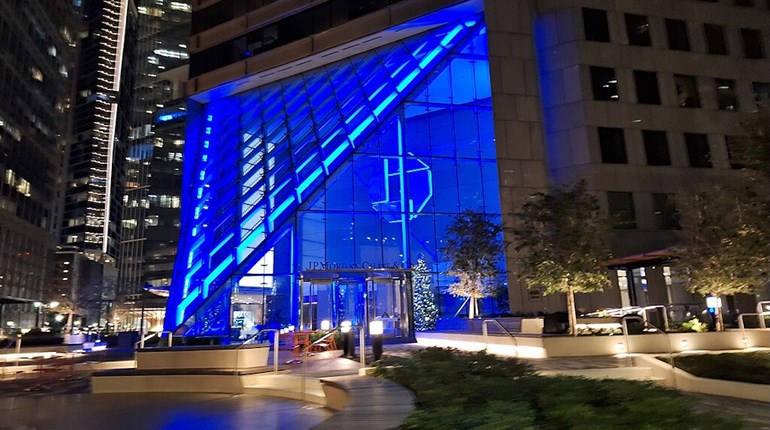
We read that 13 people were killed in Chicago over Labor Day weekend. We see that the number of homicides has surpassed 500 this year and is on pace for a grim new record.
We know that the U.S. Department of Justice investigated the Chicago Police Department after a video was forced into the light of officers shooting Laquan McDonald 16 times. Still, the facts show that the vast majority of people killed didn’t come from police actions, as the Independent Police Review Authority says that from Jan. 1 to Sept. 8 of this year there were only six deaths tied to officer-involved shootings.
Meanwhile, we see that Chicago’s Mayor Rahm Emanuel has said he’ll stop the bloodbath with “more resources for our children.” But after the 13 murders over Labor Day weekend, including the killing of a retired pastor, we see the Chicago Tribune reporting that the mayor’s office is declining to comment, and instead is referring these uncomfortable questions to the Chicago Police Department.
Then we hear that Chicago Police Superintendent Eddie Johnson blames the violence on gangs that are out of control because of “entrenched social inequality and poverty” and that “we can’t arrest our way out of this situation.”
Meanwhile, we see that Chicago’s Mayor Rahm Emanuel has said he’ll stop the bloodbath with “more resources for our children.”And we hear Johnson blaming areas of freer America that don’t have a surging murder problem: “We border Indiana and Wisconsin, which have really lax gun laws. We know that people from Chicago go across the border, fill up gym bags with illegal weapons from gun shows and things of that nature and they come back here and sell them to the gangs.”
Also, we see even The New York Times report on Sept. 7 that Mayor Emanuel unveiled a proposal for a new agency “to be called the Civilian Office of Police Accountability, last week. But a decision on how to choose its administrator was put off, with his office saying only that the to-be-determined community board would ‘play a role.’ There was no mention of the process being sheltered from political influence, as the task force urged. Nor did his proposal include a mechanism to protect the agency’s budget or ensure it would have enough money.”
Meanwhile, Democratic state Rep. Sonya Harper is proposing legislation that would require ammunition makers to mark brass casings and bullets with serial numbers so the police can theoretically trace casings and recovered bullets to murderers.
Now, it doesn’t take someone who knows even a little about firearms to realize to make such a thing work in the real world it would: 1. Require that a database of ammunition purchasers be created that would be used by retailers; 2. It would need revenue to get the mad system running; 3. It would require a search and confiscation of all current ammunition, and not just in Chicago, but basically everywhere; 4. The law would need to force ammunition makers, both foreign and domestic, to use a proprietary technology, or to develop one of their own. Okay, rather than go on, it obviously would require a complete suspension of reality and a police state no one wants, including the residents of embattled neighborhoods in South Chicago.
By now any rational person paying attention must realize what a mad, mad, mad, mad world Chicago is with regards to issues related to gangs and guns.
Supt. Johnson, however, says the madness is not their problem. He recently told reporters, “It’s not a police issue; it’s a society issue. Impoverished neighborhoods, people without hope do these kinds of things…. You show me a man that doesn’t have hope, I'll show you one that’s willing to pick up a gun and do anything with it.” The police department, he said, “Is doing its job.”Supt. Johnson, however, says the madness is not their problem.
The trouble with this claim is it isn’t true. Impoverished areas in Appalachia, for example, which have high gun-ownership rates, lax guns laws in comparison to Chicago and real drug problems, don’t have anywhere near the homicide rate that South Chicago does.
The Chicago Police Department, as the cover-up related to the Laquan McDonald shooting made clear, is in need of reform. But it is also true that an anti-police climate has made many officers afraid to do their jobs.
The result of all this is a Chicago murder rate that is 50 percent higher than last year. According to a tally kept by the Chicago Tribune, there were 92 killings in August alone. To put this in perspective, realize that the total number of people killed in Chicago this year, as this was being written, was twice that of New York City and Los Angeles combined.
These are complex societal issues, of course. But solving them starts with good policing, vigorous prosecution of violent criminals, and a citizenry with the freedom to defend itself against the violent gang members running much of Chicago right now.


































